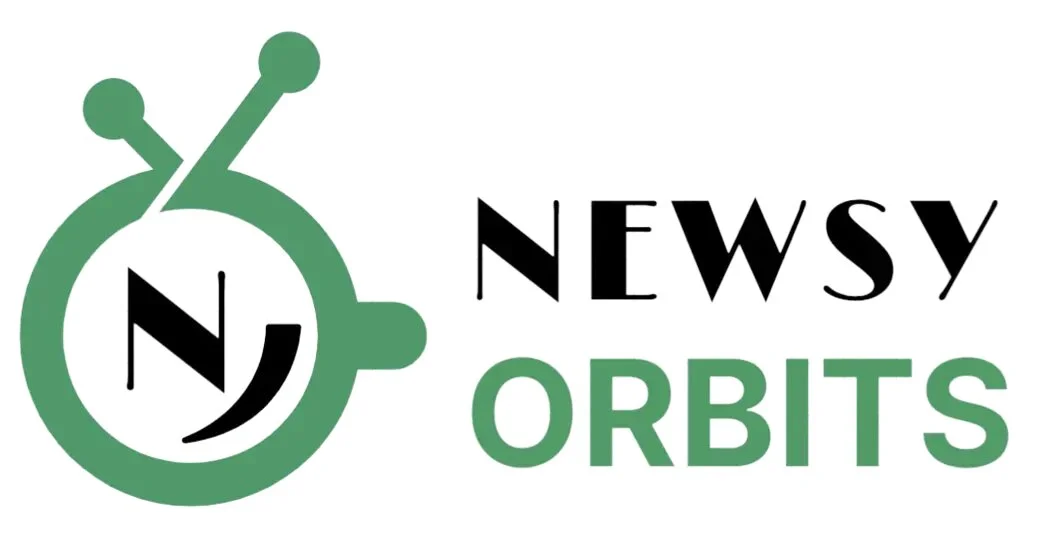Car insurance is a crucial aspect of vehicle ownership, offering financial protection in case of accidents, theft, or damage. Choosing the right type of car insurance can be overwhelming due to the variety of options available. In this comprehensive guide, we will explore the five best types of car insurance to help you make an informed decision and ensure optimal coverage for your needs.
1. Liability Insurance
Liability insurance is the most basic and mandatory type of car insurance in most states. It covers damages and injuries you cause to others in an accident. There are two main components of liability insurance:
Bodily Injury Liability (BIL)
Bodily injury liability covers medical expenses, lost wages, and legal fees if you are responsible for an accident that injures another person. It is essential to have adequate BIL coverage to protect your financial assets in case of a severe accident.
Property Damage Liability (PDL)
Property damage liability covers the cost of repairing or replacing the other party’s property damaged in an accident you caused. This can include vehicles, buildings, fences, and other structures.
2. Collision Insurance
Collision insurance covers the cost of repairing or replacing your vehicle if it is damaged in an accident, regardless of who is at fault. This type of insurance is particularly valuable if you have a newer or high-value vehicle. It helps ensure that you can afford to repair or replace your car without significant out-of-pocket expenses.
3. Comprehensive Insurance
Comprehensive insurance provides coverage for non-collision-related damages to your vehicle. This includes damage from theft, vandalism, natural disasters, falling objects, and animal collisions. Comprehensive insurance is often required by lenders if you finance or lease your car, as it helps protect their investment.
4. Personal Injury Protection (PIP)
Personal Injury Protection (PIP), also known as no-fault insurance, covers medical expenses, lost wages, and other related costs for you and your passengers, regardless of who is at fault in an accident. PIP is mandatory in some states and optional in others. It can be a valuable addition to your insurance policy, providing peace of mind and financial support in case of an accident.
Medical Payments Coverage (MedPay)
Similar to PIP, Medical Payments Coverage (MedPay) covers medical expenses for you and your passengers after an accident, regardless of fault. However, MedPay is generally more limited in scope compared to PIP and does not cover lost wages or other non-medical expenses.

5. Uninsured/Underinsured Motorist Coverage (UM/UIM)
Uninsured/Underinsured Motorist Coverage (UM/UIM) protects you if you are involved in an accident with a driver who has no insurance or insufficient coverage. UM/UIM covers medical expenses, lost wages, and other damages that the at-fault driver’s insurance would have covered if they had adequate insurance. This type of coverage is essential for protecting yourself against the risk of encountering uninsured or underinsured drivers on the road.
Optional Coverages for Enhanced Protection
In addition to the primary types of car insurance, there are several optional coverages that can enhance your protection and provide additional peace of mind:
Roadside Assistance
Roadside assistance offers help with common roadside emergencies such as flat tires, dead batteries, lockouts, and towing services. This coverage can be a lifesaver in unexpected situations, ensuring that you are never stranded without help.
Rental Car Reimbursement
Rental car reimbursement covers the cost of a rental car while your vehicle is being repaired after a covered accident. This coverage can help you maintain your daily routine without disruption and avoid additional out-of-pocket expenses.
Gap Insurance
Gap insurance is particularly important for individuals who finance or lease their vehicles. It covers the difference between the amount you owe on your car loan or lease and the actual cash value of your vehicle if it is totaled in an accident. This ensures that you are not left with a significant financial burden in case of a total loss.
Custom Equipment Coverage
If you have added aftermarket parts or custom equipment to your vehicle, custom equipment coverage can protect your investment. This coverage pays for the repair or replacement of custom parts that are damaged or stolen.
Choosing the Right Car Insurance Policy
Selecting the right car insurance policy involves assessing your individual needs, budget, and the level of protection you require. Here are some tips to help you choose the best policy:
Assess Your Coverage Needs
Consider factors such as the age and value of your vehicle, your driving habits, and your financial situation. If you have a new or expensive car, comprehensive and collision coverage may be essential. For older vehicles, liability coverage might suffice.
Compare Quotes from Multiple Insurers
Shopping around and comparing quotes from different insurance companies can help you find the best rates and coverage options. Make sure to compare similar coverage levels to get an accurate comparison.
Consider Discounts and Bundling Options
Many insurance companies offer discounts for safe driving, multiple policies, and other factors. Ask about available discounts and consider bundling your car insurance with other policies, such as home or renters insurance, to save money.
Review Policy Terms and Conditions
Read the policy terms and conditions carefully to understand what is covered and any exclusions or limitations. Ensure that the policy meets your needs and provides adequate protection.
Work with a Reputable Insurance Agent
A knowledgeable insurance agent can provide personalized advice and help you navigate the complexities of car insurance. They can assist in finding the best policy for your specific needs and answer any questions you may have.
Conclusion
Choosing the right car insurance policy is essential for protecting yourself, your passengers, and your vehicle. By understanding the different types of car insurance and optional coverages available, you can make an informed decision that ensures optimal protection. Remember to assess your needs, compare quotes, and work with a reputable insurance agent to find the best coverage for your situation.
If you want to read more information about how to boost traffic on your Website just visit –> The Insider’s Views.



